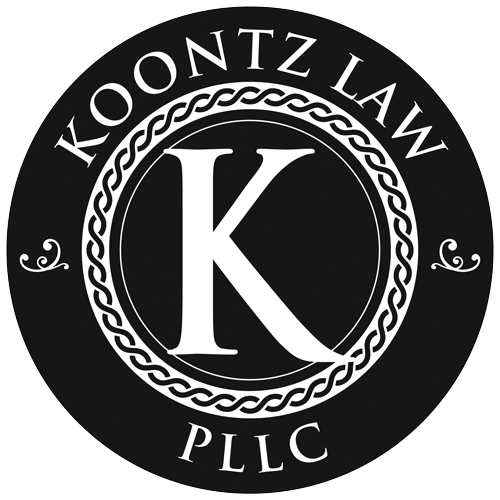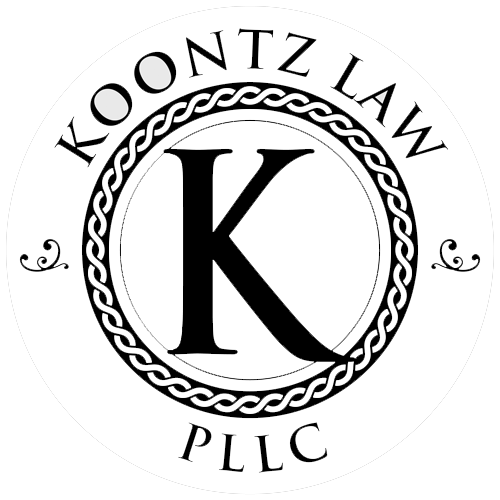Civil Litigation
Litigation Attorneys in Piedmont Triad
Handling Civil Litigation Disputes in NC
Has your business partner breached the contract you have together? Is your neighbor looking to start building a fence on your property, but they are being unreasonable? If you answered “yes” to either of these questions, it may be time to consider a civil suit. The aim of a civil litigation lawsuit is not to impose jail or prison time for the offending party, but rather to force them to pay financial compensation/restitution or perform a specific action (such as forcing a person to perform under the terms of the contract). When faced with a situation where you or your business need legal counsel, there are certain criteria you should look for in a law firm. You need attorneys who have extensive knowledge of procedural and substantive law, exceptional negotiation and interpersonal skills, and a proactive approach.
What Is Civil Litigation?
Civil litigation is essentially a lawsuit that arises between people, businesses, and/or other entities. There are three phases of civil litigation:
Pleadings. This is the initial phase of the process, and it is where the initial document is created. The document will outline the claims and counterclaims of each side.
Discovery. This is when more information is collected, including interrogations, depositions, and expert witnesses. This is the longest phase, and it can last for six months or more.
Conclusion. The final step is where the case is either settled, or it will be brought to trial. This can last another month if it is a settled case, or another several months if both parties must await trial.
Koontz made everything so easy for us all! Thank you so much!
Civil Litigation in North Carolina
In North Carolina, there are three levels of trial court that take care of civil litigation cases. The three levels include Small Claims/Magistrate Court, District Court, and Superior Court. The amount that is being disputed is what determines which court your case will be handled in. Koontz Law can act as your advocate and support throughout the process, no matter which court takes care of your case.
What Can Koontz Law Do for You?
When it comes to civil litigation, it is imperative that you hire an attorney that has the ability to negotiate. This will help so that you can avoid trial and save yourself money, time, and stress. If trial is unavoidable, you can rest assured that Koontz Law has the experience and legal knowledge to deliver you optimum results. Our representation services for civil litigation include:
Assistance with collections and liens
Claims of contract breaching
Litigation regarding real estate disputes (easements, partitions, eminent domain, zoning issues, and commercial lease problems)
Dissolving or forming limited liability partnerships and companies, corporations, unfair competition and non-compete disputes
We’re Here To Represent You
Conflict is a part of human nature, and it is something that we all deal with from time to time. In our society, we have the legal system as recourse for dealing with conflict. At Koontz Law, PLLC, our team is thoroughly aggressive in every phase of the civil litigation process. To learn more about our civil litigation services or to schedule a consultation,
contact our office today!
Contact Us Today
To contact us for a consultation, call us at (336) 751-6235 or click the button below to contact us online.
Our Practice Areas
For more information about civil litigation or to schedule a consultation, call us at (336) 751-6235 or visit our contact page.
About Our Practice
Here's What Makes Us Different
Committed to Excellence in Client Service
Dedicated To Serving the Community
Experienced in Solving Problems Using Creative Solutions
Willing To Go Above and Beyond for You
See What Our Satisfied Clients Have To Say
“Mrs. Koontz has assisted our family with several business related matters and we have been nothing but pleased and impressed. She is knowledgeable, kind, and straight forward. We would highly recommend her office.”
John C.
“Needed legal advise and as soon as I called I felt that I would be well taken care of. Very professional, personable, and supportive. I got the answers I needed quickly and will definitely be my go to in the future!”
Christopher B.
“Mrs. Koontz was absolutely amazing. When she is going up to bat for you she is a force to be reckoned with and I am sure glad she was on my side. You could not pick a better person to represent you.”
Gabriel F.
“Our family received courteous, realistic and professional advice from Ms. Koontz. We look forward to working with Ms. Koontz and the kind ladies in her office for all of our future needs.”
Becky P.
Learn More by Reading Our Blog



Request a Consultation
For more information or to receive a consultation, call us at (336) 751-6235 or complete the form.
Contact Us
We will get back to you as soon as possible.
Please try again later.

